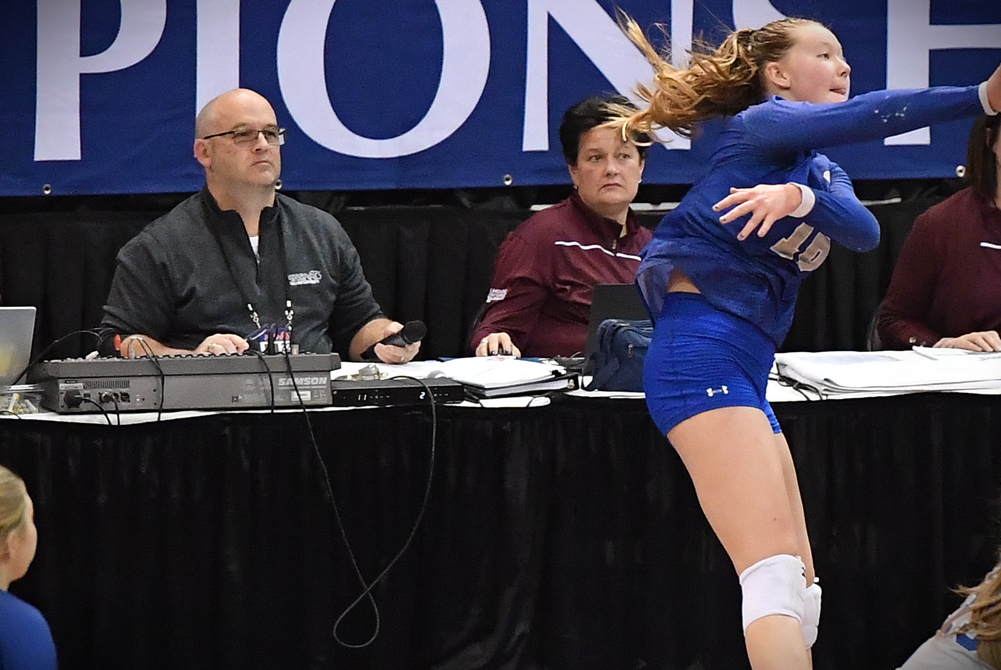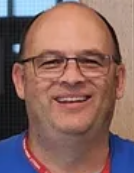
Football’s Future
March 20, 2012
Many folks, including me, will too often focus on the destination more than the trip. More on results than process. The end more than the means.
This is epidemic in sports, on all levels. There’s so much focus on the postseason that it overshadows the regular season.
In contrast, in educational athletics, we are supposed to hold to the principle that opportunities for teaching and learning are as plentiful, maybe more so, in regular season as in tournaments, at subvarsity levels as at varsity, during practices as during games.
This disease affects football as much as any high school sport. There’s been too much focus on the end of the season – playoffs. Postseason tournaments have been the demise of many great Thanksgiving Day high school football classics across the country. Playoffs continue to ruin rivalries and collapse conferences nationwide.
And, disturbingly, the focus on the end of the season misses what is most wrong with football, and may be most threatening to its future. It’s practice. Specifically, what’s allowed during preseason practice and then at practice throughout the season.
We can predict that, in high school football’s future, two-a-day practices will be fewer, practice hours will be shorter and activities will be different. Among proposals we will be presented (and should seriously consider) will be:
If this all sounds silly or radical, remember that the NCAA and NFL are already making such changes. NFL players face contact in practice on only 14 days during a 17-week regular season. Meanwhile, many high school coaches have kids knocking heads and bruising bodies two to four days a week, all season long. Giving critics the impression that interscholastic football for teens is more brutal than the higher levels of football for grown men. Inviting interference from people who think they know better.
Actually, we know better; and we need to do better. Soon.

In Memoriam: Tony Coggins (1971-2023)
By
Geoff Kimmerly
MHSAA.com senior editor
October 24, 2023
The MHSAA and Holly school communities are grieving this week after the sudden loss of Tony Coggins, a shining light in his educational community and an enthusiastic supporter of school sports as a public address announcer for several of our largest championship events.
But while that cheerful tone has been quieted, it surely will not be forgotten by the many fortunate to enjoy an event in the presence of that voice and the joyfulness he brought into every arena, press box and classroom.
Coggins, 51, died Saturday. He is survived by his wife Kristy and children Emma and Bradlee, among several family and friends from his local and greater sports communities.
 His career as a PA announcer began during his freshman year of high school in 1985, when his father Dale Coggins – Flushing’s athletic director at the time – couldn’t find anyone else to announce middle school football games. That was 39 years ago, and this fall Tony Coggins was in his 24th announcing at Holly, where he taught and served as an administrator in addition to his role as “Voice of the Holly Bronchos” for football, basketball, baseball, softball, volleyball, competitive cheer and swimming & diving over the years.
His career as a PA announcer began during his freshman year of high school in 1985, when his father Dale Coggins – Flushing’s athletic director at the time – couldn’t find anyone else to announce middle school football games. That was 39 years ago, and this fall Tony Coggins was in his 24th announcing at Holly, where he taught and served as an administrator in addition to his role as “Voice of the Holly Bronchos” for football, basketball, baseball, softball, volleyball, competitive cheer and swimming & diving over the years.
Coggins has been a mainstay among MHSAA Finals PA announcers over the last decade in football, basketball, softball and most recently volleyball. He lent his voice to college sports at University of Michigan as well. “Tony was a huge part of our Finals events. It’s hard to imagine it being the same without him,” MHSAA Executive Director Mark Uyl said.
As part of the run-up to the MHSAA public address announcers clinic in 2018, Coggins said this about what drew him to the microphone:
“I have zero athletic ability whatsoever, which is interesting because my father was an all-state running back. But I enjoy being involved, and I've always been the one for history and statistics and knowing what's going on,” Coggins said. “This is a way for me to be involved. It's a way for me to use a talent I've been given; public speaking has always come pretty naturally for me.
“So I worked at my craft to get better. I got better from watching the people around me, from studying the people I like, and the people – if I saw someone I didn’t care for – I'd make a note and say to myself, ‘Don't do that.’ I take feedback from people very personally, and I mean that in a good way. If somebody takes the time to come up and say, ‘You did this well; I think you should change this,’ that means they care about the program also. We all have the same goal in mind, and that's to make the experience good for the high school student and the parents, the fans, that come there.”
Funeral Mass will be celebrated at 11 a.m. Saturday, Oct. 28, at St. John Vianney, 2415 Bagley Street in Flint. There will be visitation from 2-8 p.m. Friday, Oct. 27, at the Swartz Funeral Home, 1225 West Hill Road, and at the church from 10 a.m. Saturday until the time of the Mass.
The Holly volleyball team played for something bigger tonight
Beloved PA announcer Anthony Coggins died on Friday night from a heart attack
Tonight v. Carman-Ainsworth, the Broncho community wore his favorite colors: maize & blue🟡🔵@HollyHighSchool|@BronchosAD
⬇️⬇️⬇️ pic.twitter.com/lPCRjjdmyL
— Brandon Green🍀 (@BGreenReports) October 24, 2023

